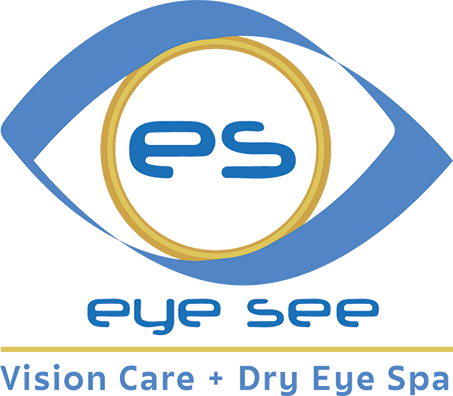
Myopia is a refractive error in the eye where distant objects appear blurred, while close-up objects remain clear. This condition, which typically develops during childhood and adolescence, is caused by the eye growing too long or the cornea becoming too curved, preventing light from focusing correctly on the retina at the back of the eye.
What Causes Myopia?
The development of myopia is a complex interplay of genetic and environmental factors. Some of the primary contributors to the onset and progression of myopia include:
- Genetics: Children with one or both parents who are nearsighted have a higher risk of developing myopia.
- Excessive near-work activities: Prolonged periods of reading, writing, or using digital devices at close range can strain the eyes and contribute to myopia progression.
- Lack of outdoor time: Studies suggest that spending less time outdoors and more time in indoor, artificially lit environments may be linked to the rise in myopia prevalence.
Risks of Untreated Myopia
Untreated or unmanaged myopia can lead to a range of vision-threatening complications, including:
- Increased risk of eye diseases: High myopia is associated with a higher likelihood of developing conditions such as retinal detachment, macular degeneration, glaucoma, and cataracts.
- Vision impairment: Severe myopia can result in permanent vision loss, significantly impacting an individual's quality of life and daily activities.
The Importance of Regular Eye Exams for Early Detection
Regular comprehensive eye exams are crucial for the early detection and management of myopia. During these examinations, optometrists can:
- Measure the refractive error and monitor changes in your vision over time
- Identify any underlying conditions or risk factors that may contribute to the development or progression of myopia
- Provide personalized recommendations for appropriate myopia management strategies
By addressing myopia in its early stages, you can take proactive steps to slow down its progression and minimize the risk of long-term complications.
Myopia Management Techniques
One of the most effective myopia management techniques is the use of atropine eye drops. Atropine is a medication that can temporarily relax the eye's focusing mechanism, reducing the eye's ability to accommodate and slowing the progression of myopia. Studies have shown that low-dose atropine eye drops (0.01% to 0.05%) can effectively slow down the progression of myopia in children, with minimal side effects.
Another effective myopia management approach is the use of dual focus soft contact lenses. Dual focus soft contact lenses work by creating a subtle difference in the focus of light entering the eye, which may trigger biological mechanisms that inhibit the eye's elongation and the subsequent worsening of myopia. These lenses are designed to be worn daily, providing clear vision while also actively managing the progression of myopia.
Orthokeratology, or Ortho-K, is a non-surgical myopia management technique that involves the use of specially designed rigid gas-permeable contact lenses. These lenses are worn overnight and gently reshape the cornea, the clear front part of the eye, to temporarily correct refractive errors and reduce myopia. During the night, the Ortho-K lenses flatten the central cornea, allowing light to focus correctly on the retina. This temporary reshaping of the cornea provides clear vision during the day without the need for daytime contact lenses or glasses. Ortho-K has been shown to be an effective method for slowing the progression of myopia in children and adolescents. By controlling the eye's growth and preventing further elongation, Ortho-K can help prevent the development of high myopia and its associated risks.
Book a Comprehensive Eye Exam with Eye See Optical Today
Myopia is a prevalent vision condition that requires proactive management to prevent long-term complications. By understanding the causes, risks, and available management techniques, you can take steps to address your myopia and protect your vision.
If you're concerned about your or your child's myopia, schedule an appointment with the experts at Eye See Optical. We can provide a comprehensive assessment and recommend the most suitable myopia management approach for your individual needs. Visit our office in Kensington, Maryland, or call (301) 881-6232 to book an appointment today.








